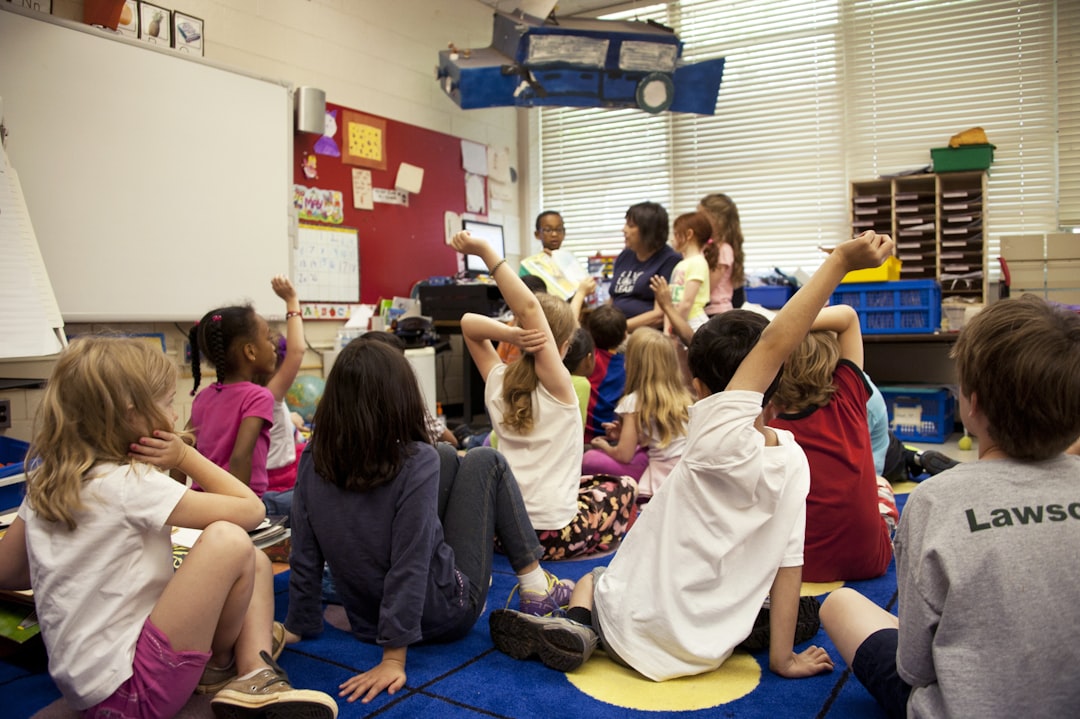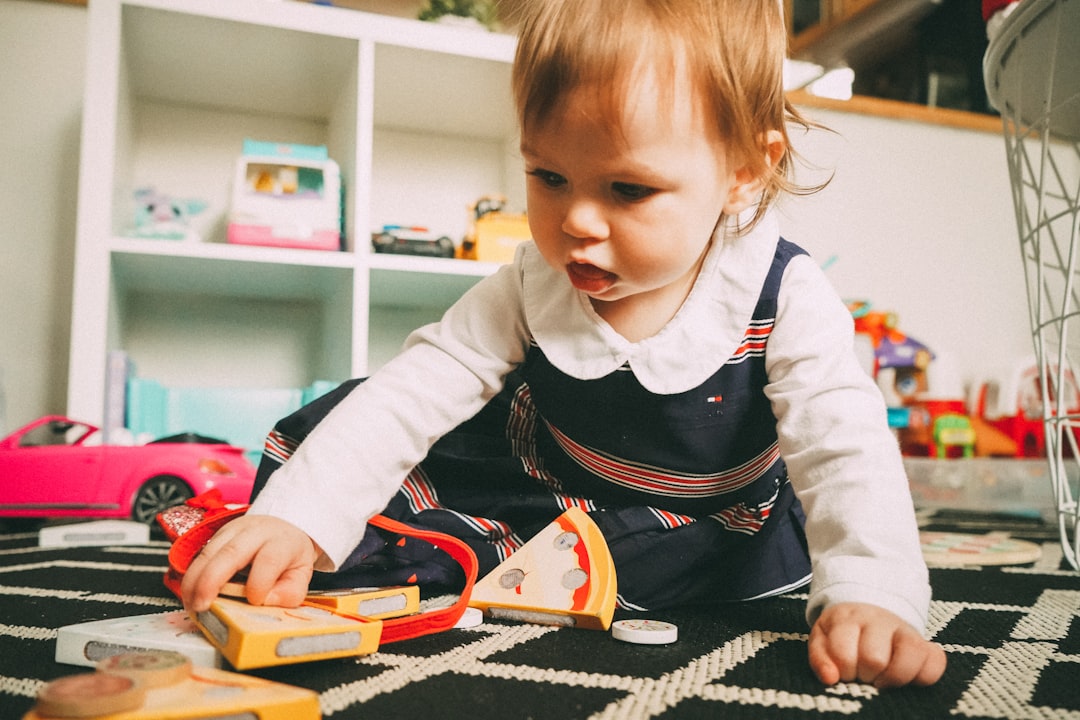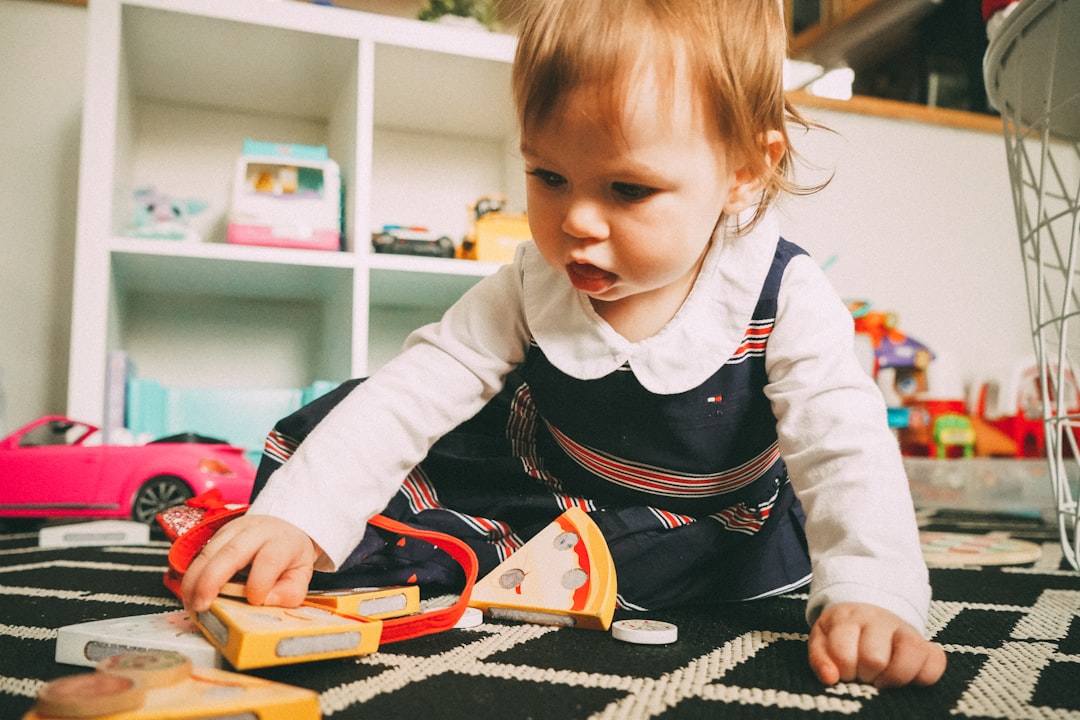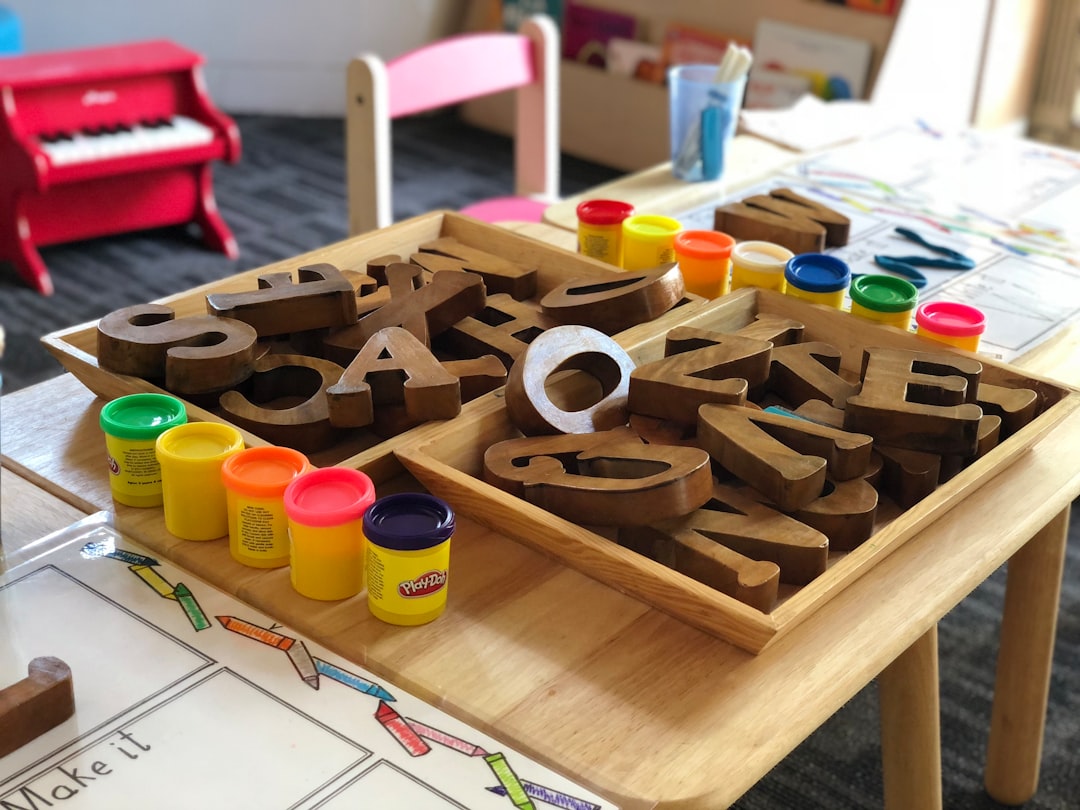In Ohio, strict laws govern child abuse reporting with dedicated county hotlines. All except healthcare professionals and clergy are legally required to report suspected cases, facing liability for non-compliance. Daycare abuse attorneys navigate these laws, advising parents, caregivers, and educators on their duties. They ensure timely, accurate reporting while safeguarding rights, helping facilities and staff avoid liability. In response to reports, law enforcement and Child Protective Services (CPS) collaborate, investigating thoroughly. Legal protections shield good-faith reporters from civil liability, encouraging vigilance without fear of false report repercussions. Case studies highlight the importance of understanding Ohio's specific regulations for daycare workers and attorneys in ensuring child safety and uniform compliance.
“In the complex landscape of child protection, understanding state laws is paramount. This article delves into the varying reporting requirements for suspected child abuse across different states, with a specific focus on Ohio. We explore the legal obligations of daycare providers and staff, the crucial roles of law enforcement and Child Protective Services, and exceptions that protect good faith reports. Additionally, real-world case studies illuminate the outcomes of proper and improper reporting, emphasizing the importance of knowledge for Ohio’s daycare abuse attorneys in protecting children.”
Understanding State Laws on Child Abuse Reporting in Ohio

In Ohio, the reporting of suspected child abuse is governed by state laws designed to protect vulnerable children and ensure their safety. Every county in Ohio has a Child Abuse Hotline where concerned citizens can report potential instances of abuse or neglect. The laws are clear that anyone who knows or suspects a child is a victim of abuse or neglect must report it, with specific exemptions for certain healthcare professionals and clergy members. Failure to comply with these reporting requirements can result in legal consequences, including liability for damages caused by the abuse.
Daycare abuse attorneys in Ohio play a crucial role in navigating these laws and ensuring that reports are filed accurately and within the required timeframe. They advise parents, caregivers, and educators on their obligations under state law, helping them understand what constitutes child abuse or neglect. Additionally, these attorneys can provide guidance on how to protect the rights of both the child and the accused while adhering strictly to Ohio’s reporting requirements.
Legal Obligations for Daycare Providers and Staff

In Ohio, daycare providers and staff members have legal obligations regarding suspected child abuse, as mandated by state laws. As a childcare professional, it is crucial to be aware of the specific reporting requirements to ensure the safety and well-being of children in your care. Any individual who suspects or has knowledge of a child’s abuse or neglect is legally obligated to report it to the appropriate authorities. This includes daycare providers and staff who may observe signs or symptoms indicative of potential abuse.
Daycare centers in Ohio are required to have policies and procedures in place to identify and report suspected abuse. Staff members should be trained to recognize various forms of child maltreatment, such as physical, emotional, or sexual abuse, as well as neglect. Upon suspecting any form of abuse, staff must immediately notify their designated supervisors or administrators who can then file a report with the Ohio Department of Children and Family Services (DCFS). Prompt reporting is essential to protect the child and initiate necessary interventions. Engaging the services of a daycare abuse attorney in Ohio can also be beneficial for understanding legal protocols and ensuring compliance to protect both the facility and its staff from potential liabilities.
The Role of Law Enforcement and Child Protective Services
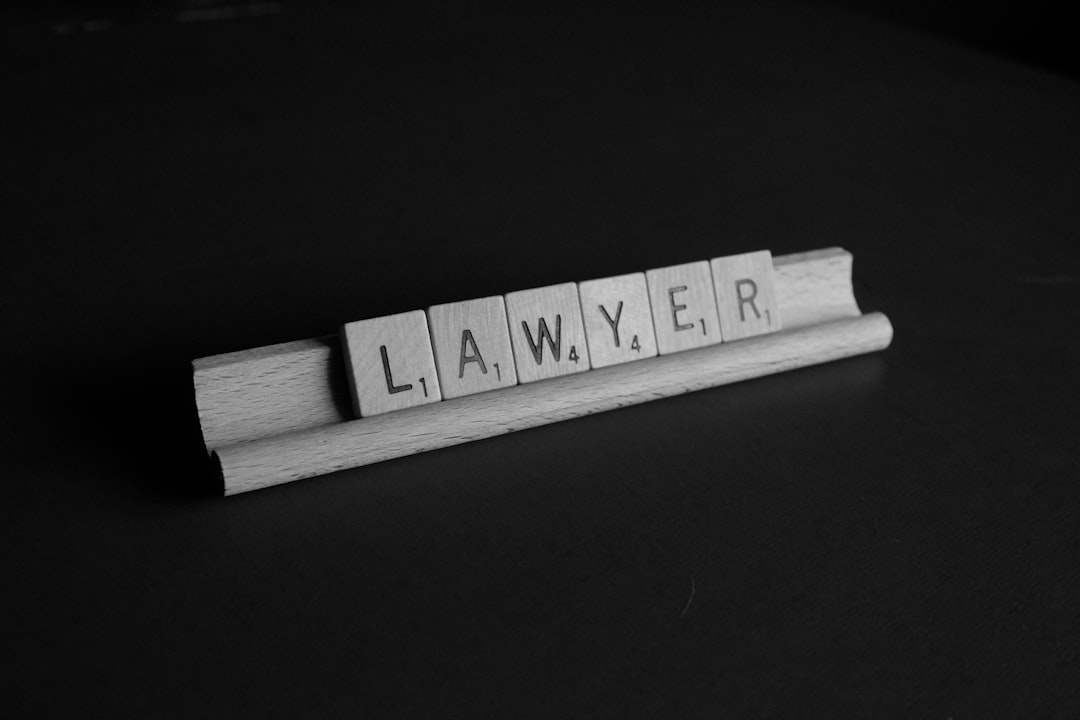
In many states, including Ohio, the response to suspected child abuse begins with law enforcement and Child Protective Services (CPS). When a daycare abuse attorney in Ohio receives a report of potential mistreatment, they promptly investigate. Law enforcement officers are crucial in this initial stage, gathering evidence and conducting interviews to determine if a crime has been committed. If the allegations indicate an urgent need for protection, police may temporarily remove the child from the suspected abusive environment.
Child Protective Services, often part of a state’s social services department, takes over from there. Their role is to ensure the safety and well-being of the child by conducting thorough investigations, which can include home visits, interviews with family members and caregivers, and medical examinations. CPS works closely with law enforcement to gather evidence and make decisions regarding the best interests of the child, often collaborating on cases involving daycare abuse in Ohio.
Exceptions and Immunities for Good Faith Reports

When reporting suspected child abuse, certain individuals and entities are protected by exceptions and immunities if they act in good faith. This includes professionals like teachers, medical staff, social workers, and even members of the public who witness or suspect abuse. In Ohio, for instance, daycare abuse attorneys highlight that employees in licensed childcare facilities are mandated to report suspected abuse or neglect. However, these reports are shielded from civil liability as long as the reporter acts within their legal duties and without malicious intent.
The protections extend to those who provide information in good faith, even if the allegations later prove unfounded. This incentive structure encourages a culture of vigilance and responsibility, allowing for quicker interventions while mitigating potential risks associated with false reports. These safeguards are crucial in balancing the need for child protection against the potential harm caused by unwarranted accusations, especially considering the sensitive nature of daycare abuse attorney Ohio cases.
Case Studies: Real-World Scenarios and Their Outcomes

In exploring how state laws vary regarding reporting requirements for suspected child abuse, case studies offer valuable insights into real-world scenarios and their outcomes. Consider a situation where a daycare worker in Ohio notices signs of potential abuse or neglect within their facility. According to Ohio’s reporting laws, this individual is legally obligated to report the suspicion to the appropriate authorities, such as the Department of Children Services (DCS). Failure to do so could result in legal consequences for the daycare worker, including liability and potential termination.
These case studies highlight the importance of understanding specific state regulations, especially for professionals working with children like daycare staff. For instance, an Ohio daycare abuse attorney might be involved in defending a client who faced charges due to differing interpretations of reporting requirements. By examining these real-life instances, policymakers and advocates can identify gaps or complexities in current laws, driving necessary changes to better protect vulnerable children and ensure consistent application of reporting standards across the state.


